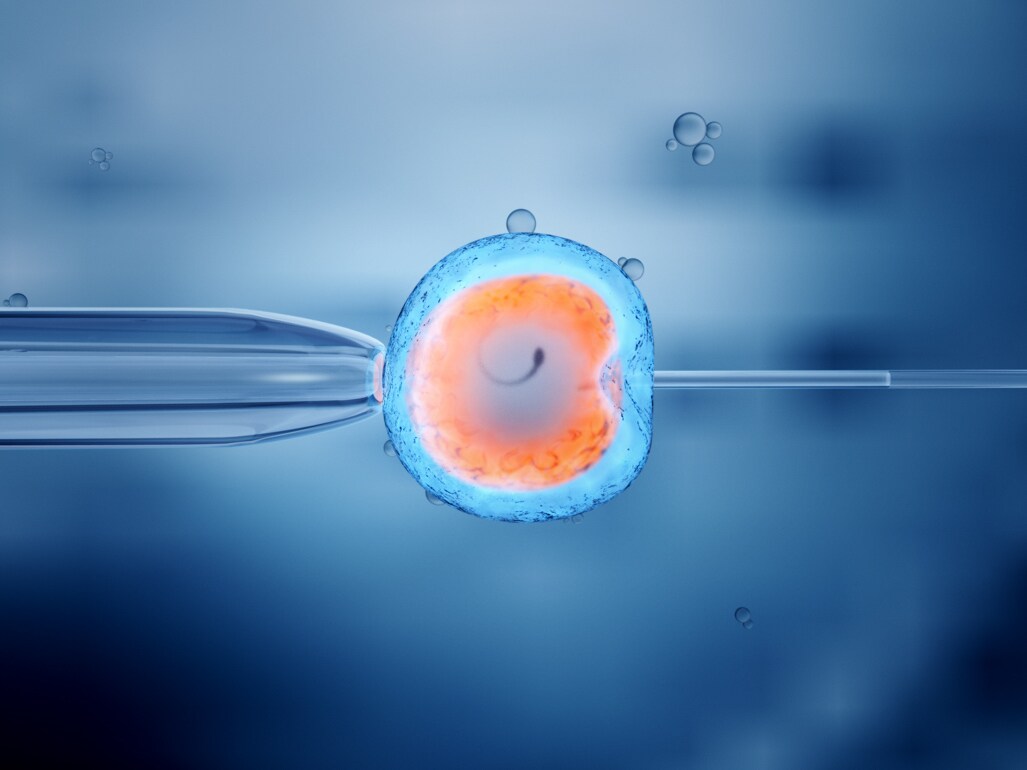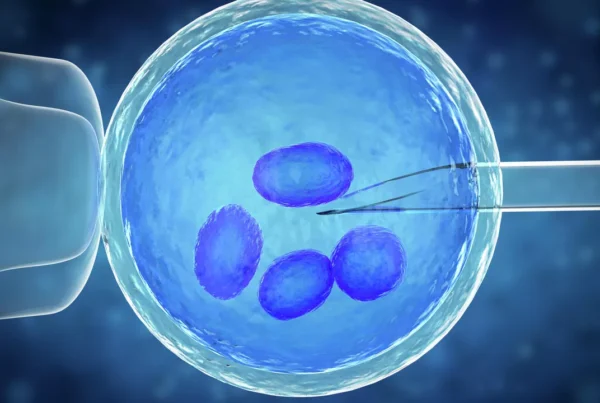What is Embryo Pooling?
In in vitro fertilization (IVF) treatment, after the eggs are collected, a microinjection process is performed to create embryos. In the pooling process, the obtained embryos are not transferred but are instead frozen and stored. The procedure of obtaining embryos and storing them under suitable conditions, which can be repeated multiple times, is referred to as pooling.
Who is Embryo Pooling Applied To?
Embryo pooling is especially used for women with low egg count, or diminished ovarian reserve. The freezing process is performed using a special technique called vitrification, where these embryos are placed in liquid nitrogen tanks at -190 degrees Celsius.
In What Other Situations is Embryo Pooling Recommended?
It is particularly recommended for older women, in cases of recurrent pregnancy losses, and in situations where genetic screening of a large number of embryos is required. After the embryos are obtained, biopsies are performed, and they are sent for genetic testing. This process allows women with a low number of embryos to have multiple rounds of embryo collection and genetic testing conducted.




